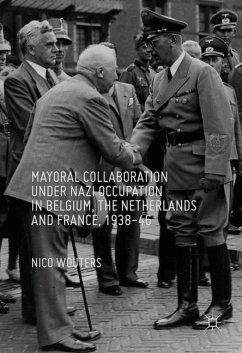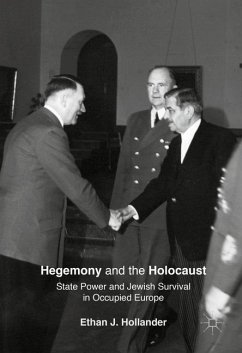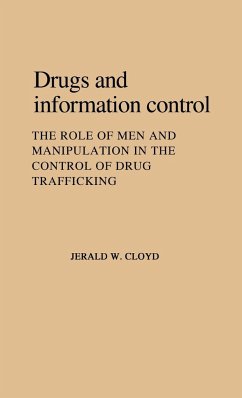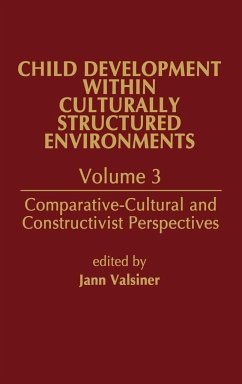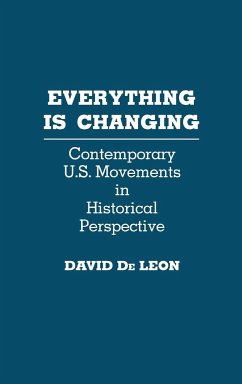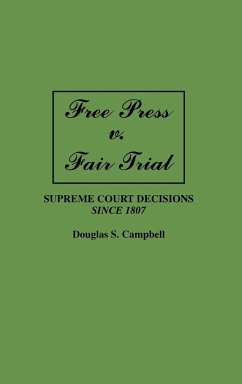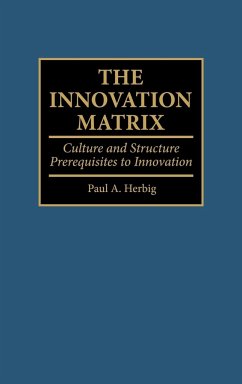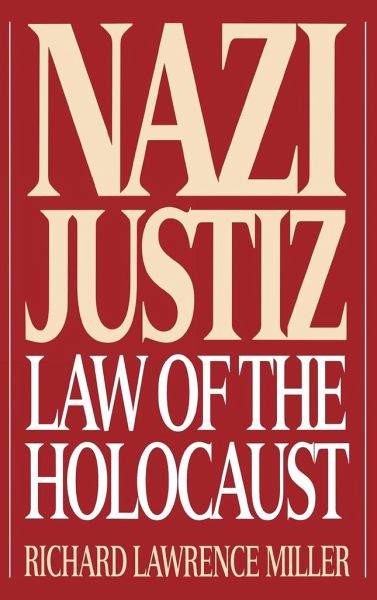
Nazi Justiz
Law of the Holocaust
Versandkostenfrei!
Versandfertig in 1-2 Wochen
101,99 €
inkl. MwSt.

PAYBACK Punkte
51 °P sammeln!
Death camps are the most enduring image of the Holocaust, but they were only the final expression of a destruction process that began in 1933. In that year the Nazi regime mobilized members of an entire society to destroy their neighbors. Lawmakers, judges, attorneys, and the rest of the legal system played a crucial role in reassuring good Germans that a war on Jews was legitimate. Nazi Justiz emphasizes the prewar years of a robust Western European nation at peace with all countries. Such emphasis demonstrates that a Holocaust can happen in any country sharing the heritage of Western civiliz...
Death camps are the most enduring image of the Holocaust, but they were only the final expression of a destruction process that began in 1933. In that year the Nazi regime mobilized members of an entire society to destroy their neighbors. Lawmakers, judges, attorneys, and the rest of the legal system played a crucial role in reassuring good Germans that a war on Jews was legitimate. Nazi Justiz emphasizes the prewar years of a robust Western European nation at peace with all countries. Such emphasis demonstrates that a Holocaust can happen in any country sharing the heritage of Western civilization, and warns of the inevitable outcome once ordinary people are targeted in a destruction process. Using original decrees, court decisions, and first-hand recollections of participants, Nazi Justiz documents how the German legal system transformed itself into a criminal organization. We see not only how the legal system shaped everyday life, but how good Germans and the business community benefited from the Holocaust. Germany in the 1930s-before the war-is emphasized. Such emphasis demonstrates that a Holocaust can happen in any country sharing the heritage of Western civilization, and warns of the inevitable outcome once ordinary people are targeted in a process of destruction. No other book has so much information on the Holocaust in peacetime Germany; indeed, the chapters on property confiscation and residential concentration are unique. With a richness of detail evoking an immediacy normally found in novels, Nazi Justiz offers a chilling portrayal of persons filled with so much goodness that they become oblivious to horrors they cause.




